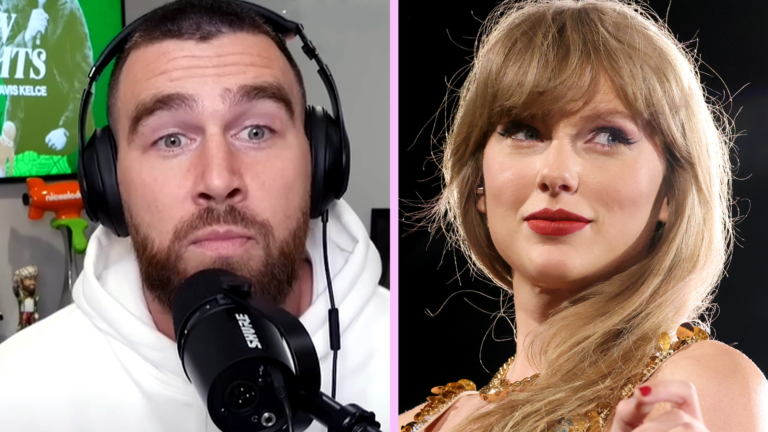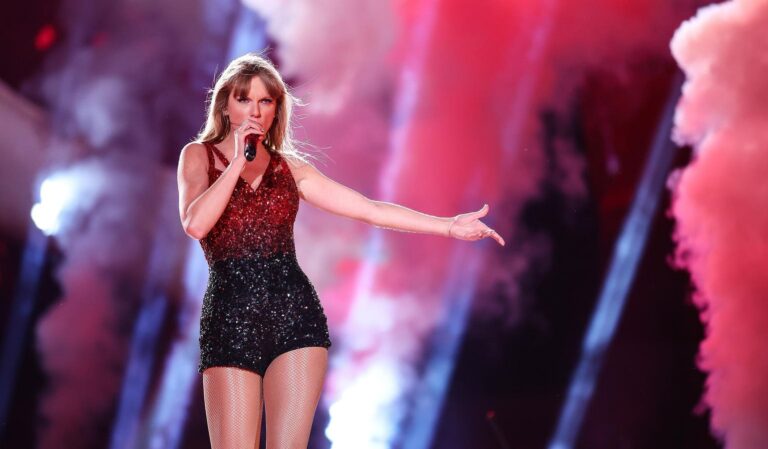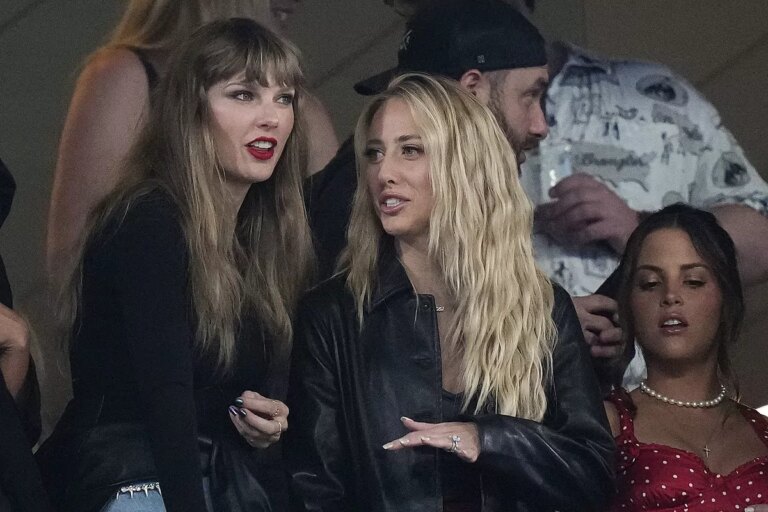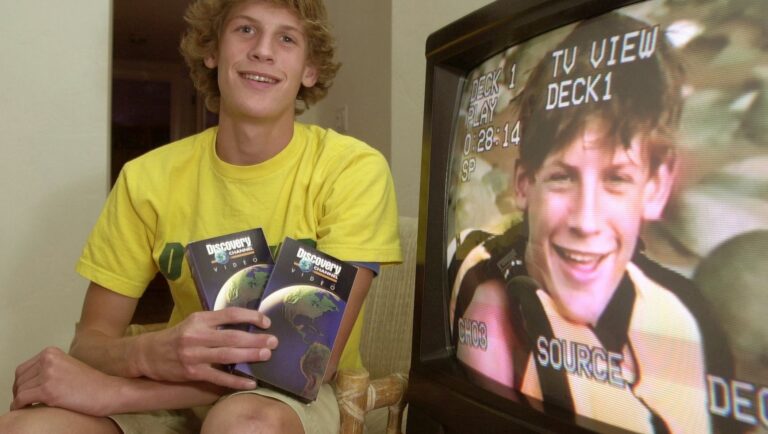Shocking Verdict: Judge Rules Taylor Swift Lyrics Lacking in Originality and Creativity!
Hey there, music enthusiasts! Let’s dive into the latest legal showdown in the music industry that has everyone talking. The talented and popular artist Taylor Swift found herself in the midst of a copyright infringement case recently. The case centered around her hit song “Shake It Off,” which plaintiffs Sean Hall and Nathan Butler claimed contained lyrics that were eerily similar to their own copyrighted material found in the song “Playas Gon’ Play” recorded by American girl group 3LW back in 2001.
The crux of the matter revolved around the lyrical phrase “Playas, they gonna play / And haters, they gonna hate,” which the plaintiffs argued was a unique and original combination that had not been used in popular culture prior to their song. They contended that Taylor Swift’s incorporation of similar phrases in “Shake It Off” amounted to copyright infringement, claiming that about 20 percent of the track was comprised of these allegedly infringing lyrics.
However, U.S. District Judge Michael Fitzgerald had a different opinion. In his ruling, Judge Fitzgerald stated that the phrases in question lacked the originality and creativity necessary for copyright protection. He emphasized that the combination of “players gonna play” and “haters gonna hate” was not unique at the time of the plaintiffs’ song release, as evidenced by similar expressions used in popular music going back several decades.
Swift and her legal team filed a motion to dismiss the case, arguing that copyright law does not protect short phrases like those identified by the plaintiffs. Furthermore, they asserted that the elements highlighted by the plaintiffs were unprotectable due to their merger with common, public domain concepts such as “players playing and haters hating.”
While the plaintiffs were granted the opportunity to amend their claims, Judge Fitzgerald’s ruling ultimately favored Swift, concluding that no distinctive musical elements had been copied in “Shake It Off.” The court’s decision highlighted the threshold for originality required for copyright protection, emphasizing that well-worn phrases and concepts do not meet this standard, even in the realm of popular music.
So, what does this legal tussle mean for the music industry and artists like Taylor Swift? It underscores the importance of originality and creativity in crafting music that stands the test of copyright scrutiny. While inspiration can often be drawn from existing works, the line between influence and infringement remains a critical consideration for musicians and songwriters.
As fans of music, we can appreciate the complexities of intellectual property law and its impact on artistic expression. The case of “Shake It Off” serves as a reminder that even the biggest names in the music industry are not immune to legal challenges, and that the boundaries of creativity in music continue to be tested in courtrooms across the country.






